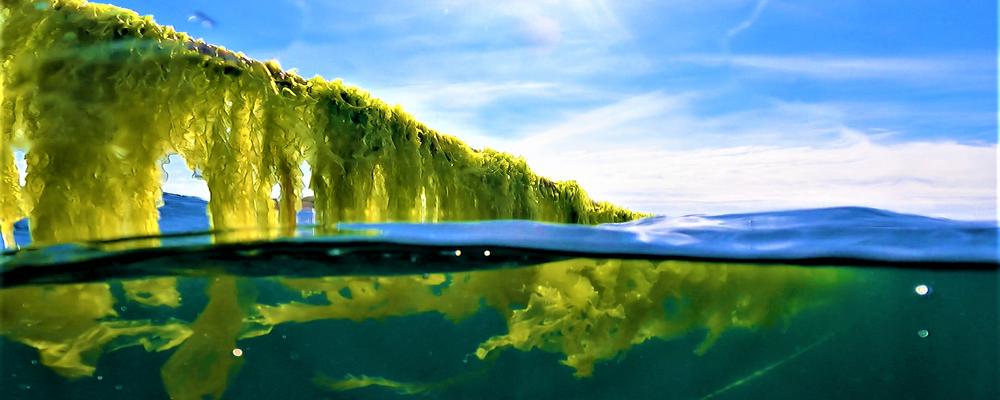New research project to make seaweed farms more efficient
The research project “BlueBioBoost – Boosting seaweed farming through better utilization of genetic resources” has received research funding to develop European seaweed farms. The project will develop a genetic breeding programme that will make it easier for seaweed farmers to grow the right seaweed to get the best possible results.
Project: ”BlueBioBoost -Boosting seaweed farming through better utilization of genetic resources” is part of the EU Partnership for a Sustainable Blue Economy and is funded by Formas in Sweden.
Granted funds: Total 1.4 Million €, of which 3.4 Million SEK goes to the University of Gothenburg.
Project partners: NMBU - Norway, Seaweed Solutions AS - Norway, SINTEF Ocean AS - Norway, Department of Marine Sciences, University of Gothenburg - Sweden, NordicSeafarm - Sweden, Flanders Research Institute for Agriculture, Fisheries and Food (ILVO) - Belgium, Irish Seaweed Consultancy Ltd. - Ireland, Marine Institute, Oranmore - Ireland.
Funds for research on seaweed microbiome
Dr Steinhagen has also received research funding from the EMBRC research infrastructure network to pioneer a novel approach in seaweed microbiome research. The project aims to integrate these resources into a public database, facilitating easy accessibility for researchers conducting laboratory experiments.
Project: EMBRC: MacroSea-MicroB: EMBRC Seaweed microbiome resources for a growing blue economy
Project partners: Ghent University – Belgium, Centro de Ciências do Mar (CCMAR) – Portugal, Station Biologique Roscoff – France, Tjärno Marine Laboratory, University of Gothenburg - Sweden
Granted funds: 100 000 €



